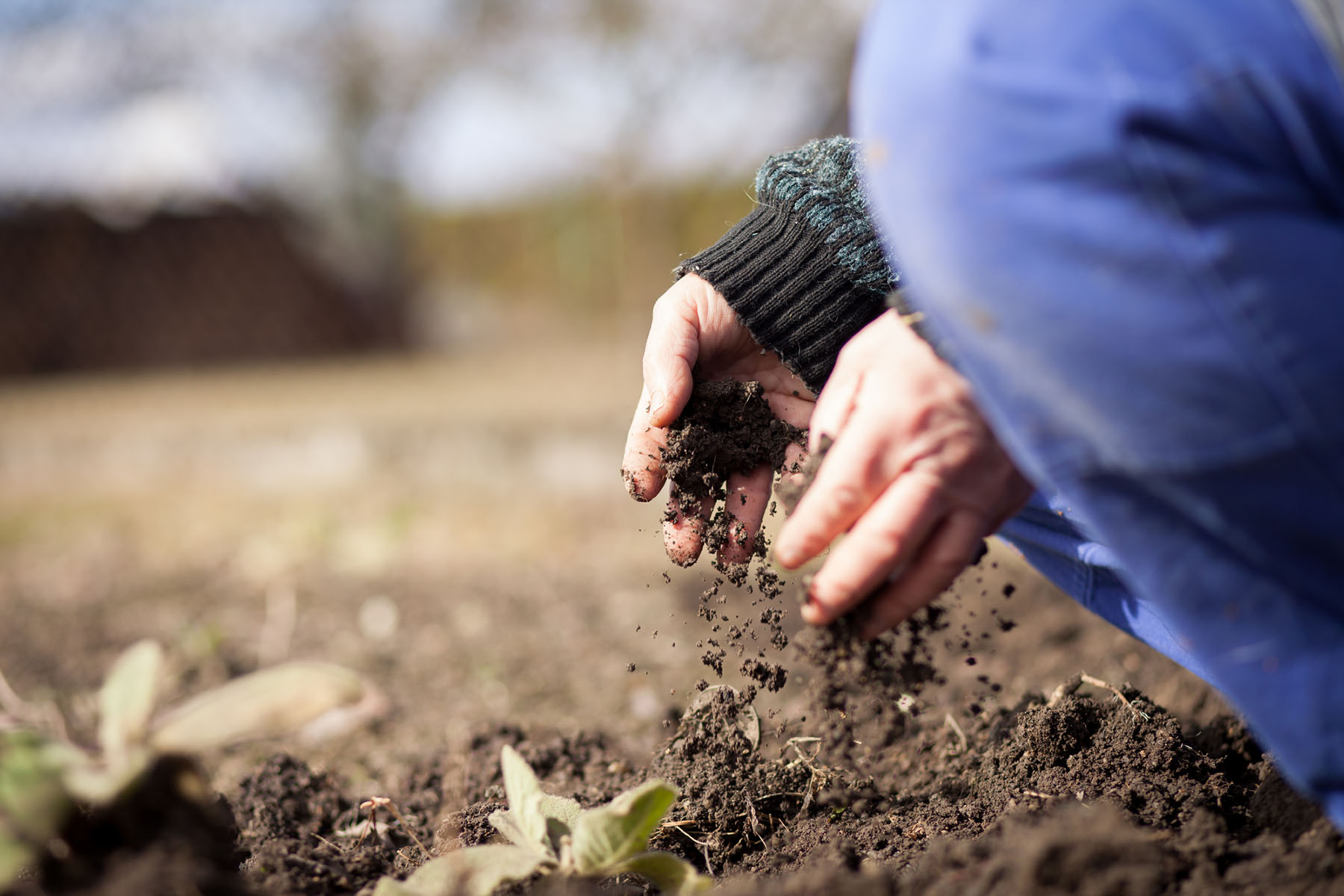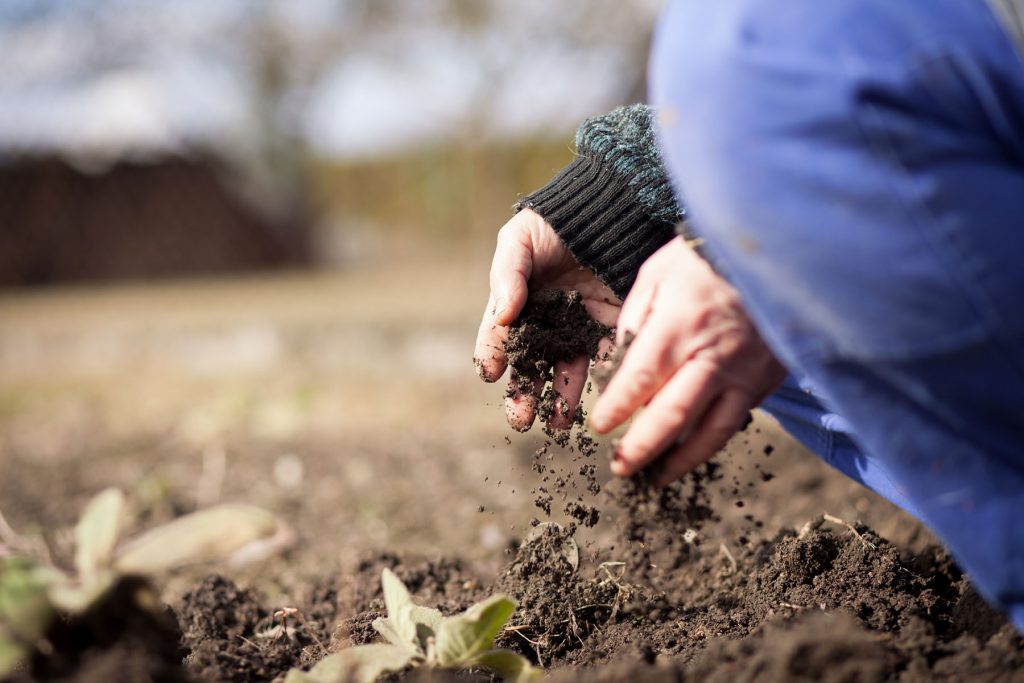
organic or non-organic?
Although most people will argue that organic potting soil is better than inorganic potting soil, the truth is neither of the two is perfect
Are you thinking of starting a container garden or potting your vegetables before transplanting them to your garden, but can’t decide on the type of soil to use? You’ve heard that you can’t just use your yard or garden soil for potting your plant. But, which potting soil is better: organic or non-organic? Continue reading to find out.
What is Potting Soil?
Potting soil is soil that is specifically made for growing plants in containers or pots. Unlike garden soil, which gets easily compacted in pots and prevents roots from growing easily, potting soil is fluffy. It also lacks contaminants like weed seeds and debris that may be in your garden soil.
Organic Potting Soil
First, you should know that organic potting soil is not free from chemical compounds. They are referred to as organic because they are made from decaying natural organic materials such as seaweed, bone and fish meal and worm casting, and are rich in nutrients and microbes. These materials enable adequate aeration and hydration, and promote nutrient retention.
Inorganic Potting Soil
As the name implies, inorganic potting soil is made of materials that are not organic. Also known as potting mixtures, it is often made from three essential components: peat moss, perlite and bark. These essential components don’t contain “harmful chemicals” and give the soil a neutral PH. However, the mixture isn’t nutritious, so synthetic fertilizers are added to provide nutrients to the plant.
Organic Vs. Inorganic: Which Is Better?
Although most people will argue that organic potting soil is better than inorganic potting soil, the truth is neither of the two is perfect, depending on the plant type and needs. For example, organic potting soil is best and safer for vegetables, as you won’t have to worry about chemicals from fertilizer seeping into a crop you intend to consume. On the other hand, plants like succulents will do well in inorganic potting soil.
Another factor to consider is cost. Non-organic potting soil is cheaper than organic potting soil. You can also opt for already made potting blends for the specific plant you want to cultivate. The bottom line is that good quality potting soil, whether organic or inorganic, will help your plant grow better than just using just any soil.
